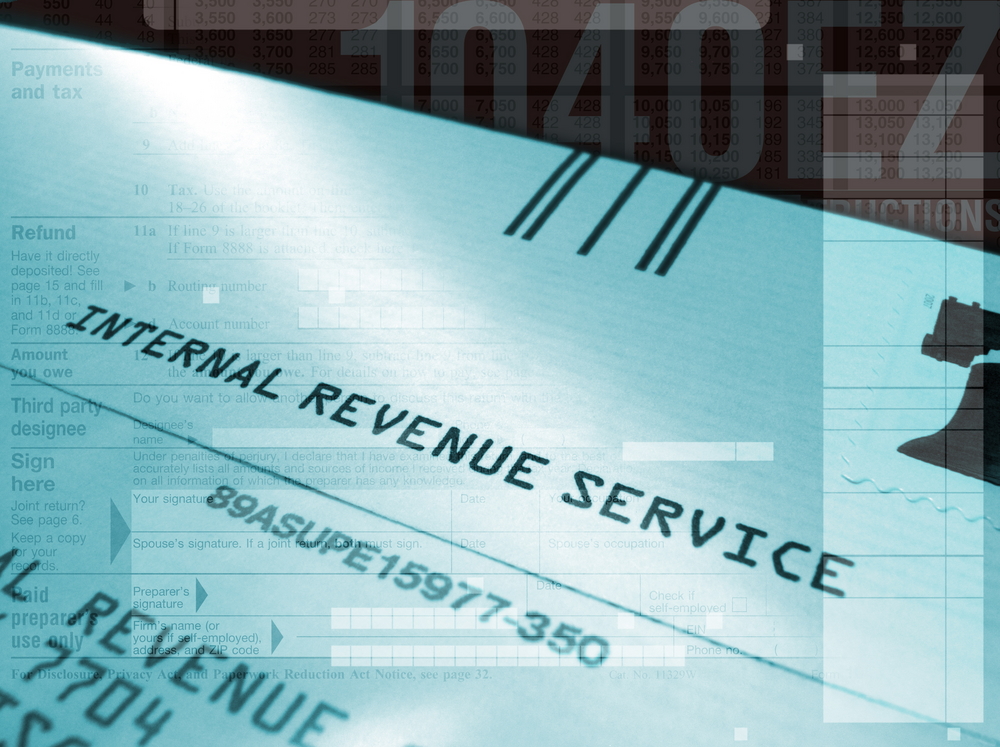Tax season is finally here!
Obviously, the goal is to avoid any and all tax penalties. But if you find yourself in a position where you can’t pay the entire amount you owe, here is what you need to know:
Deadlines
One of the most important deadlines to mark on your calendar is your individual tax return deadline.
2017 Tax due date: April 17, 2018*
*This is for both the IRS and California Franchise Tax Board (FTB)
If you cannot file by that date, then you may file for an extension, which would be October 15, 2018. (Keep in mind that this does not excuse you from paying the full tax due by the original due date.)
Here is some helpful information about how to file with the IRS.
IRS Penalties
The IRS assigns penalty payments and interest to those who cannot pay their balance in full when they file. Here are some of the penalties:
Failure to file: If your tax return isn’t filed by the official due date (or by the extended date), then you are charged 5% of the unpaid tax that wasn’t reported per month, up to five months (for a maximum penalty of 25%).
Failure to pay: If you do not pay the taxes in full when you file, (again, having an extension to file does not mean you have extended time to pay), then you are charged 0.5% of tax amount due per month, along with a reoccurring monthly charge until the tax is fully paid. If you set up an installment agreement, then the penalty is 0.25% per month.
There are, however, ways to reduce your penalties and fees. Types of penalty relief include reasonable cause, first time penalty abatement and incorrect written advice from the IRS.
If you requested penalty relief, but the IRS rejected it and you’re interested in appealing their decision, this is a helpful online tool.
California FTB Penalties
Failure to file: If someone living in California does not file their tax return by the due date, there is a penalty of 5% of the amount due per month, with a maximum of five months. If an individual has an extended tax return due date but still does not file by that date, a penalty of 25% of the amount due will be ordered.
Failure to pay: When you don’t pay the amount due on time, when you file the return, there is a penalty of 5% of the unpaid tax due. Not only that, they also tack on a 0.05% for each month it’s unpaid with a maximum of 25%.
Payment Options
Both the IRS and FTB offer a wide range of payment options. A couple of the most popular options include direct pay from your bank account, writing a check, and same day wires. Check out the complete list of options available to you by the FTB and IRS. (Insert hyperlink on money).
Payment Plans
Individuals have several options if they are unable to pay their full balance by the due date. The most popular way to chip at the balance due is an installment plan, which is paying over more than 120 days. You can also apply for a short-term payment which is when you pay the full balance within 120 days. Both options can be paid by automatic withdrawals from your checking account, credit card, or money orders.
Both government agencies will find any and every way to get their money, even if that means putting a levy on your account and automatically taking money out of your account without your permission. So, either don’t be late on your payment or set up a payment plan immediately.
Think that you may need help with your tax return or have questions about owing? The experts at Paragon Accountants are here to help, so please contact us today!





